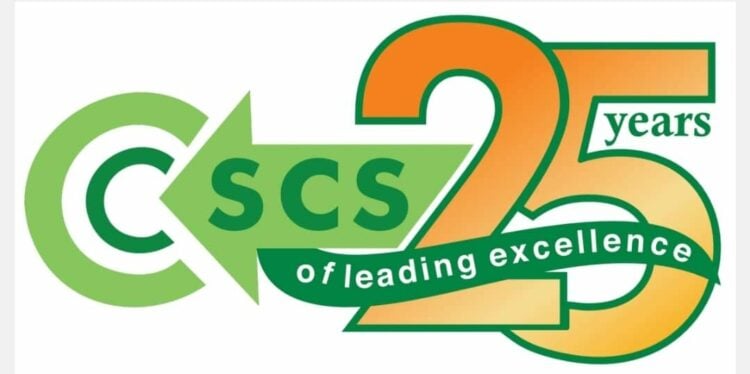The Central Securities Clearing System (CSCS) Plc has received strong backing from capital market regulators and operators for its transition to a T+2 settlement cycle, scheduled to commence on November 28, 2025. This move marks a significant milestone in advancing efficiency, risk mitigation, and global competitiveness within the Nigerian capital market.
The market currently operates under a T+3 settlement cycle, which presents several challenges, including elevated counterparty risk, lower liquidity, operational inefficiencies, and exposure to market volatility. Transitioning to T+2 will address these limitations and align the Nigerian capital market with international best practices.
At a stakeholder webinar hosted by CSCS on the theme ‘Advancing Market Efficiency through T+2 Settlement’, key regulators and operators reaffirmed their readiness for this transition.
Speaking at the event, the executive commissioner (Operations), Securities and Exchange Commission (SEC), Bola Ajomale emphasised the Commission’s commitment to modernising the Nigerian capital market.
“The Commission’s plan is to move to a T+1 cycle next year, in alignment with trends in developed markets, and ultimately target T+0. We urge all market participants to prepare for this shift and adequately engage their clients. This initiative is a critical component of our broader capital market reforms aimed at enhancing global competitiveness,” Ajomale stated.
Representing the managing director/CEO of CSCS, Haruna Jalo-Waziri, the executive director, Adeyinka Shonekan, highlighted the extensive groundwork laid by CSCS to ensure a seamless transition.
He explained this includes the establishment of a stakeholder-driven Committee to perform gap analysis and benchmark CSCS processes against global standards across key performance metrics.
The managing director/CEO, Nigerian Exchange Limited (NGX), Jude Chiemeka expressed the Exchange’s full readiness in terms of infrastructure and product offerings.
He noted that NGX had undertaken market-wide simulation exercises, proactive communication strategies, and set up dedicated support systems to facilitate the changeover.On his part, the managing director/CEO, Lagos Commodities and Futures Exchange (LCFE), Akin Akeredolu-Ale who made some comparative analysis of settlement cycles in some global markets, stressed the efforts of LCFE on regulatory alignment, onboarding facilitation, and stakeholder education to leverage the opportunities presented by the T+2 framework.
Also, head of Operations & IT at NASD Plc, Chinwe, Ekeh reiterated the organisation’s preparedness through system testing, capacity building, and a sound funding strategy to support the clearing of unlisted securities under the new regime.
The divisional head, CSCS Depository, Onome Komolafe, said the clearing house had carried out a comprehensive infrastructure upgrade and review of operational processes to ensure the transition, moving the nation’s capital system to the league of advanced markets. She also addressed the participants on the methods for implementation of the new settlement system, technical gap analysis, risk management, compliance framework and implications, as well as the timelines and milestones. The T+2 settlement cycle represents a significant stride towards modernising Nigeria’s capital market infrastructure and creating a more efficient, transparent, and globally-aligned financial ecosystem.











